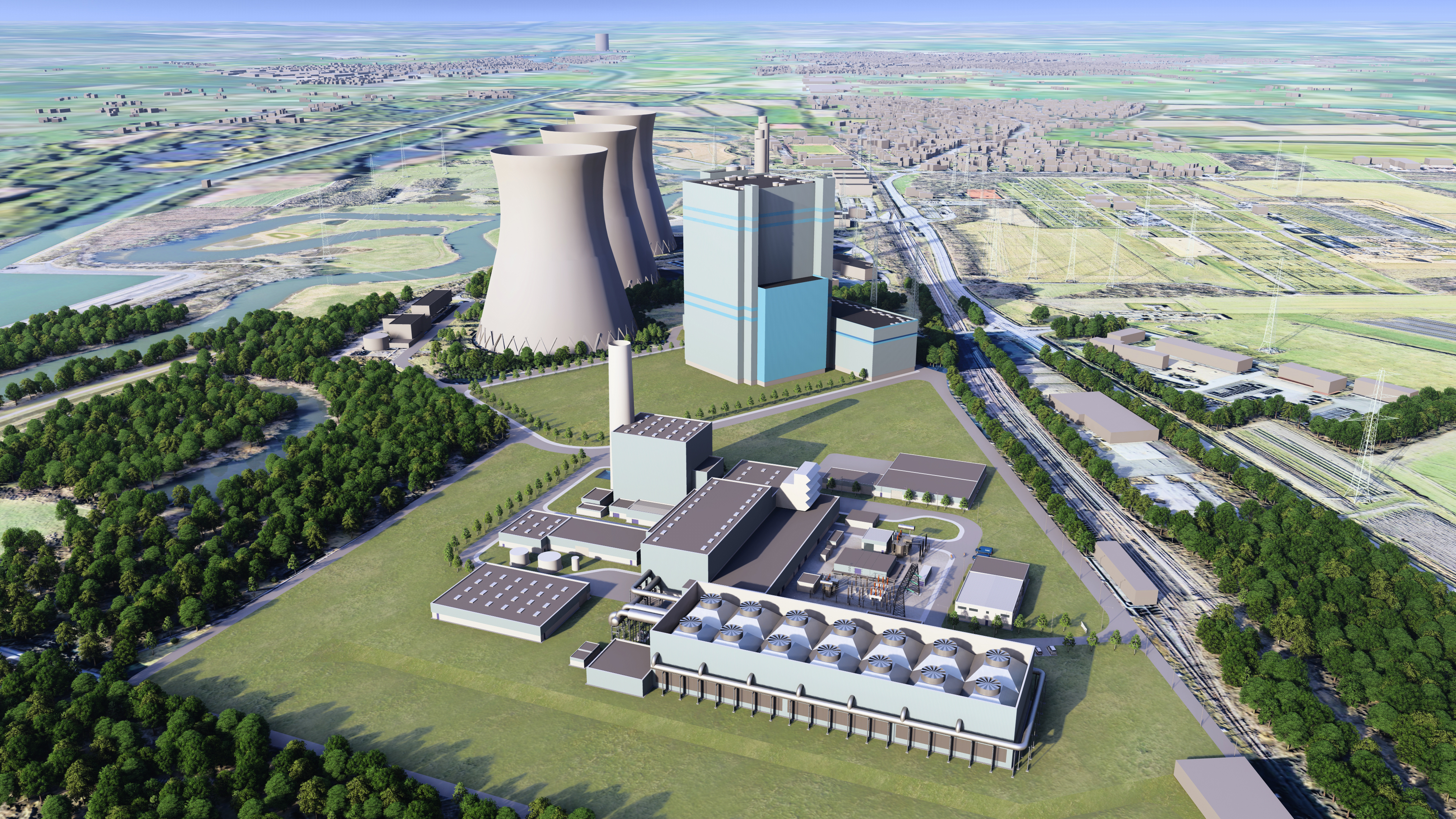Germany mulls switching planned gas power plants to hydrogen at a later stage
Converting Germany's planned gas power plants, which would serve as backup for renewables amid the country’s coal phase-out, to hydrogen could make sense at a later stage, the country’s economy and energy minister Katherina Reiche said. A switch would first require sufficient amounts of hydrogen, which are unlikely to be available by 2030, Reiche told newswire dpa.
“We are actively working on ramping up hydrogen production,” Reiche said, adding that the quantities needed for the targeted gas power plant capacity of 20 gigawatts (GW) will not likely be available in five years’ time. “We are therefore relying on gas-fired power plants for our security of supply – otherwise coal-fired power plants would have to run longer,” Reiche said.
In the past, Reiche had spoken of adding new “gas-fired power plants”, without mentioning the transition to hydrogen. This led some media to report that Germany’s plans for a hydrogen switch had been abandoned, as the new coalition government also left the door open to retrofit plants with carbon capture technology.
Earlier this month, a group of environmental NGOs and hydrogen industry companies called on the government to ensure that the new gas-fired power plants will eventually be converted to run on green hydrogen from renewables, as the previous government had planned.
Utility lobby group BDEW also warned in June that the provision to later operate the plants with hydrogen should not be forgotten. “Nobody is going to build a gas plant that is no longer economically viable in 20 years’ time,” said BDEW head Kerstin Andreae.
The Social Democrats’ (SPD) parliamentary group’s energy spokesperson, Nina Scheer, also called on Reiche to include a “hydrogen readiness” requirement in the upcoming tenders.
Cleaning up gas power plants with hydrogen – or CCS?
The concept for backup gas power plants developed by Reiche’s predecessor, Green Party economy minister Robert Habeck, entailed requirements for a hydrogen switch, but the government collapsed before a final decision on the relevant regulations was made. The new government under chancellor Friedrich Merz has dropped this requirement, and is drafting a law to allow for emissions reduction through carbon capture (CCU/CCS), which it could grant to the gas plants.
Although fossil gas must be largely phased out by 2045, when Germany aims to become climate neutral, there is no agreed timetable for transitioning away from the fuel, and climate activists have warned against “preserving fossil fuel infrastructures” by using CCS. The technology remains immature, is expensive, and cannot capture all the CO2 from exhaust streams.
An alliance of environmental organisations rejected what they described as an oversized ramp-up of fossil gas power plants. “CCS technology in gas-fired power plants should be rejected because it promotes fossil fuel lock-in and prevents investment in genuine future technologies,” the alliance said.
The coalition agreement between the CDU/CSU alliance and the SPD mentions the construction of up to 20 GW of gas-fired power plant capacity by 2030. In June, Reiche announced a first step with a tender volume of between five and ten gigawatts.
Reiche repeated the government’s ambition to start the tenders in 2025 still. “The aim is to be able to start with an initial tender at the end of the year. And with significant quantities at that,” Reiche said.

